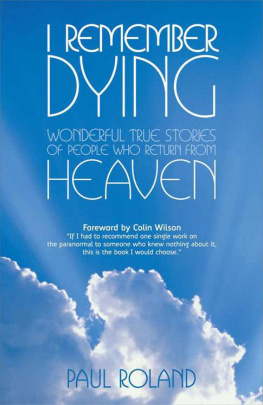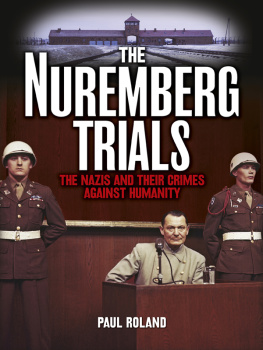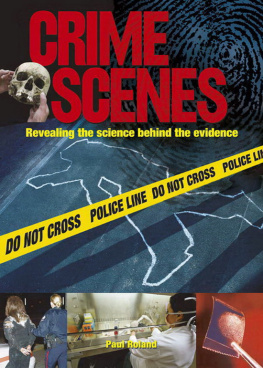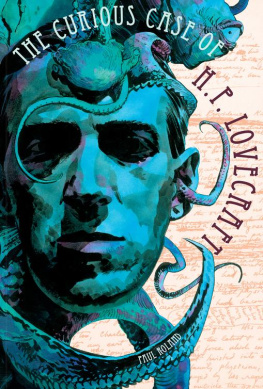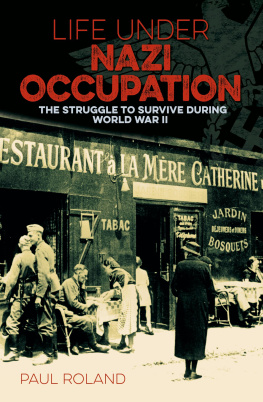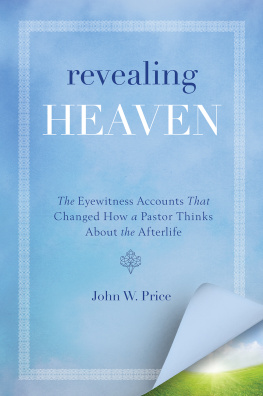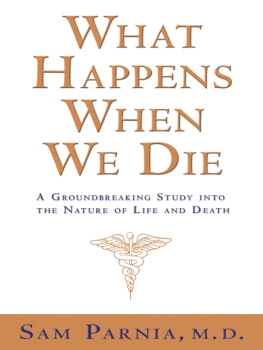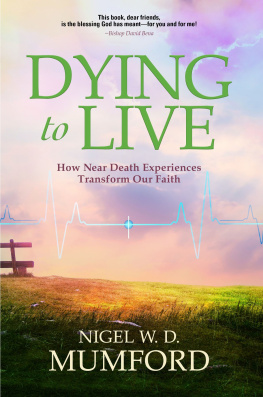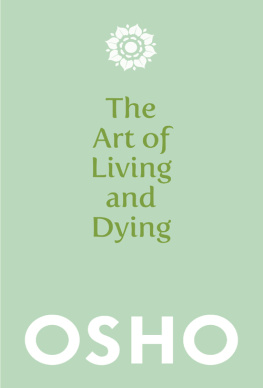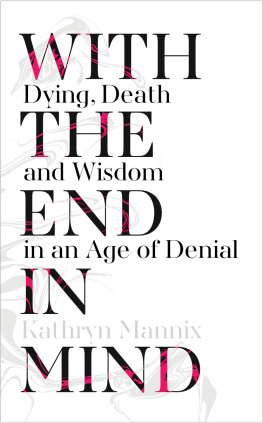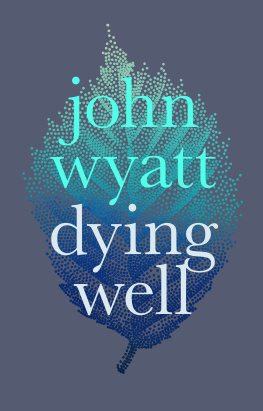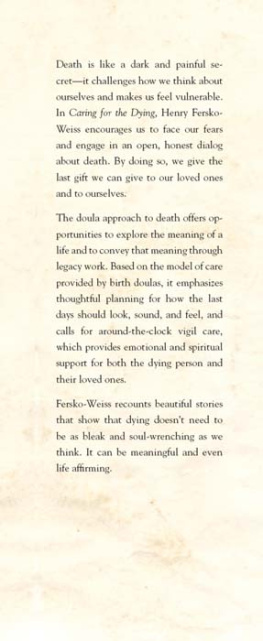
Table of Contents
Foreword
by Colin Wilson
If I had to recommend one single work on the paranormal to someone who knew nothing about it, this is the book I would choose. No one can deny that Paul Roland is a complete master of his subject.
I have myself been writing about the subject for more than thirty-five years - since I produced in 1970 a book called The Occult - but I cannot match the author's one supreme qualification: that at the age of nine, has had a classic 'out-of-the-body experience', and has had several more since then.
Much of the latter part of the book contains interviews with people who had had 'near death experiences' - that is, apparently 'died', then came back. But the earlier part is a very comprehensive account of just about every aspect of the world of the paranormal.
The modern history of psychical research began in 1848, when in the small hamlet of Hydesville, New York State, the neighbours of the Fox family were asked to come into the house to hear a series of rapping noises, and one of them had the wit to ask the invisible rapper to answer questions in a code: one rap for yes, two for no.
The entity told them that it was a peddlar who had been murdered for his money by the previous owner and buried in the cellar. (A skeleton was eventually found there.) The three young Fox sisters developed a remarkable ability to communicate with 'spirits' (such people became known as 'mediums'), and in no time at all, dozens of people all over America were able to do the same thing.
For this great flood of communication with 'the other side' I once coined the phrase 'the invasion of the spirit people'. And it has gone on without stopping ever since.
One serious problem soon became apparent: that fraudulent mediums found they could make a living at it, and were often caught faking. The scientists, who from the beginning had denounced 'spiritualism' as absurd superstition, lost no time in saying 'I told you so!'
In 1882, a number of serious-minded Victorians decided to try to get to the bottom of it, and founded a society for the scientific investigation of the paranormal, the Society for Psychical Research, whose members included Gladstone, Tennyson, Ruskin, Lewis Carroll and Mark Twain.
Their investigations soon showed beyond all doubt that ghosts, poltergeists, telepathy and precognition of the future really took place. Yet they could never produce that ultimate piece of evidence that would convince the sceptics.
In this book, Paul Roland has described some of the most conclusive evidence ever, when a physician named Sir William Barrett began questioning nurses and doctors who had attended many death beds, and learned that, with great frequency, the dying saw visions of dead relatives who had apparently come to meet them - in some cases, relatives the dying person did not realise had 'passed over'.
Barrett's Death Bed Visions should be studied by everyone who is interested in psychical research.
But it was not until November 1975 that an American doctor called Raymond A Moody produced a little paperback book called Life After Life that went on to sell millions of copies, and described some of the most stunning evidence so far - how hundreds of patients who had apparently died had been through a virtually identical experience, passing through a kind of tunnel, then emerging into some kind of realm beyond death.
Many of them then realised that they had a choice - to go on into the blissful state of freedom from the body, or to return to earth. And many, including my own mother, made the return journey.
In the past few years, an even more astonishing advance has happened - what has become known as the EVP, or electronic voice phenomenon.
One June day in 1959, a Swedish birdwatcher named Friedrich Jurgenson was recording the voice of a chaffinch in his garden, and when he played it back, he was startled to hear his dead mother's voice calling out his pet name 'Friedel'.
And soon he was recording the voices of many dead friends and relatives on tape by leaving the recorder switched on in an empty room. The voices were fragmentary and the messages brief, as if the communicators were having problems getting through.
Soon after, a Latvian psychologist named Konstantin Raudive read Jurgenson's book Voices from Space, and began his own experiments. He and Jurgensen began to collaborate, and when Raudive wrote a book called Breakthrough, the 'electronic voice phenomenon' became a sensation that was soon discussed all over the world. It looked as if the 'spirit people' were trying out a new method of communication.
It was in America that the great breakthrough came. George Meek, a businessman who had made his fortune from air-conditioning systems, decided to devote himself to studying psychic mysteries. When he heard about the electronic voice phenomenon, he set up a communication network of electronic experts all over the world.
One of these was a radio engineer named Bill O'Neil, who was also a gifted healer, and who had been trying to develop a radio device to help deaf mutes to 'hear'.
And one day as he was tinkering with some unusual wavelengths, he was alarmed when he felt a hand on his shoulder, and turned to face a distinguished, well-dressed man who introduced himself as George Mueller, a professor who had worked for NASA, and had died in 1967. Now, he looked like a normal human being, and told O'Neil he was willing to help him construct a radio through which the dead could communicate direct with the living. He called it Spiricom.
For three years O'Neil and Professor Mueller worked on their invention. And on 22 September 1980, Mueller's voice suddenly came out of the radio, and O'Neil recorded their conversation. At last, a dead person was talking electronically to a living person.
Today, there are many scientists who believe that we are on the point of a completely new breakthrough in 'communication with the dead'. Whether this is so remains to be seen. But this is certainly something that should be borne in mind as you read the remarkable book that follows.
Introduction
Why should I fear? When was I less by dying?
(Rumi)
This is not a typical book on the subject of life after death because for me that question was answered 40 years ago when, as a child, I had an out-of-body experience that altered my perception of reality. In fact, it was the first of many such experiences.
I can still recall waking from a dream to find myself soaring over the sea to 'visit' my grandmother and aunt in Ireland. I remember the sense of exhilaration of flying and the calmness with which I accepted that I was hovering over them as they sat watching TV, in the same room that I had played in whenever I visited them during the school holidays. After a few moments, having assured myself that they were fine, I snapped back into my body and woke with a jolt. There was no doubt about it. That was not a dream.
As I understand it, the experience had been triggered by a strong unconscious desire to see my aunt and grandma, combined with a latent ability to float free of my body - an ability that I believe we all share.
I have had OBEs, as they are commonly known, on several subsequent occasions and each time I have been fully conscious of being outside my body and in a state of heightened awareness quite distinct from the dream state. As an adult I would often wake from sleep to find myself in another part of the house, always with a feeling of intense relief and delight at being free from my physical shell. Unfortunately, the realisation was usually enough to pull me back into my body.
Next page
